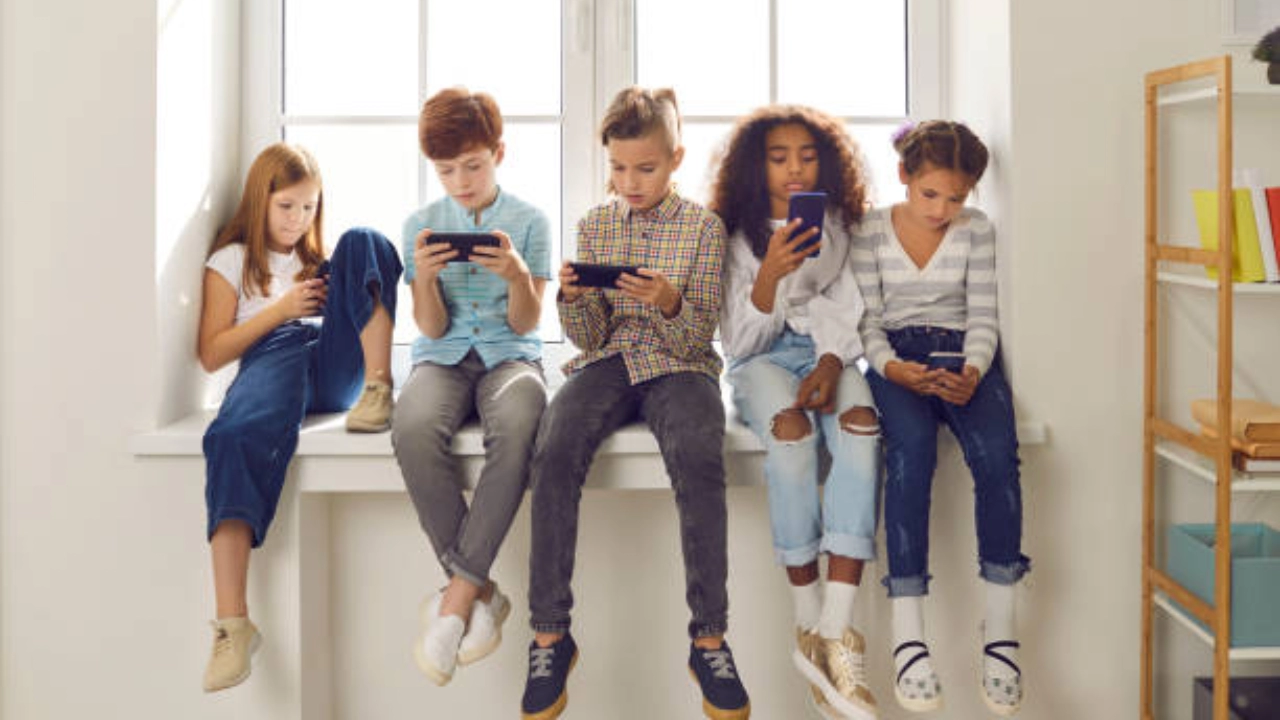Australia Social Media Ban: How Does Restricting Online Networks Benefit Mental Health Of Teenagers?
Nov 08, 2024
News

Australia Set To Ban Social Media For Children Under 16
Photo : iStock
Australia is set to ban social media for children under the age of 16 years. Australian Prime Minister Anthony Albanese announced on Thursday that his government will pass new laws banning children under 16 from using social media platforms like Facebook, Instagram, X and TikTok.
According to a report in BBC, the Prime Minister said that the proposed laws will be tabled in parliament next week. These were aimed at mitigating the “harm” social media was inflicting on Australian children. He said, “This one is for the mums and dads... They, like me, are worried sick about the safety of our kids online. I want Australian families to know that the government has your back.” While many of the details are yet to be debated, the government said the ban would apply to young people already on social media.
According to reports, Australia’s proposals are the highest age limit set by any country with no exemption for parental consent and no exemption for pre-existing accounts.
A report in Reuters says that legislation will be introduced in the Australian parliament this year with the laws coming into effect 12 months after being ratified by lawmakers, Albanese said. The opposition Liberal Party has expressed support for a ban.
Albanese said, “The onus will be on social media platforms to demonstrate they are taking reasonable steps to prevent access. The onus won't be on parents or young people.”
Communications Minister Michelle Rowland said, “What we are announcing here and what we will legislate will be truly world-leading.”
She added that platforms impacted would include Meta Platforms, Instagram and Facebook, as well as ByteDance’s TikTok and Elon Musk’s X. Alphabet’s YouTube would likely also fall within the scope of the legislation.
Here, take a look at how restrictions on social media networks benefit the mental health of teenagers.
Reduced Exposure to Unrealistic Standards
Restricting social media can keep away teenagers from constant exposure to certain images and lifestyles which can lead to body dissatisfaction, low self-esteem and feelings of inadequacy. Limiting this exposure can help reduce comparisons that negatively impact mental health.
Reduced Risk of Cyberbullying
Social media can be a platform for cyberbullying which has been linked to anxiety, depression and even suicide among teens. With restrictions, the likelihood of coming across hurtful messages or harassment decreases, thereby, creating a safer environment.
Improved Focus and Sleep
Teens who spend less time on social media are less likely to experience ‘doomscrolling’ or compulsive checking behaviours which tends to disrupt sleep and concentration. By reducing screen time, teens are more likely to get adequate rest and stay focused on productive activities.
In-Person Connections
Face-to-face interactions help in building stronger and more genuine relationships and emotional bonds than online connections. With less reliance on social media, teens can be encouraged to spend time building real-life friendships that help in their emotional well-being.
Reduces Pressure for Validation
Social media often creates a need for external validation through likes, comments and followers. Restricting it can help teens focus more on personal growth and self-worth without seeking approval online.
Get Latest News Live on Times Now along with Breaking News and Top Headlines from Mental Health, Health and around the world.



